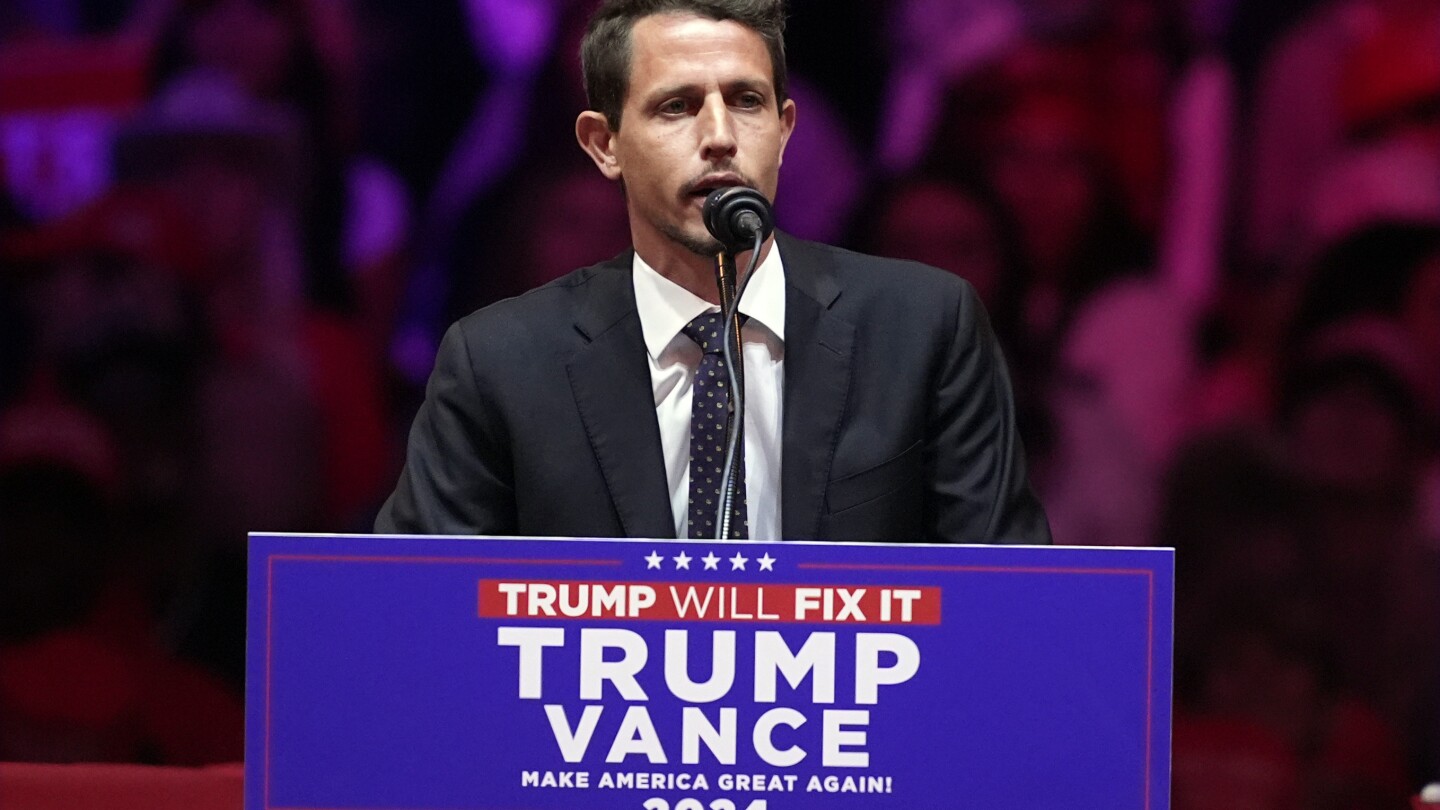Puerto Ricans cannot vote in general elections despite being U.S. citizens, but they can exert a powerful influence with relatives on the mainland. Phones across the island of 3.2 million people were ringing minutes after the speaker derided the U.S. territory Sunday night, and they still buzzed Monday.
Democratic Vice President Kamala Harris is competing with Trump to win over Puerto Rican communities in Pennsylvania and other swing states. Shortly after stand-up comic Tony Hinchcliffe said that, “I don’t know if you guys know this, but there’s literally a floating island of garbage in the middle of the ocean right now. I think it’s called Puerto Rico,” Puerto Rican reggaeton superstar Bad Bunny announced he was backing Harris.
After Sunday’s rally, a senior adviser for the Trump campain, Danielle Alvarez, said in a statement that Hinchcliffe’s joke did “not reflect the views of President Trump or the campaign.”



Ok, technically they are US nationals but not US citizens. They still have US passports, but their passports are slightly different.
International law defines a “stateless” person as neither a national nor a citizen of any country. So the UN Conventions on Statelessness do not apply to American Samoans. Likewise the UN Charter and the Universal Declaration on Human Rights provide guarantees of “nationality”, not citizenship.
not illegal then, you’re right.
But it’s still an absolute shamelessnes that they aren’t even citizens of the country their homeland, their native land belongs to.
they’re not even citizens of a protectorate.
People born in American Samoa generally consider themselves citizens of American Samoa. Even though they have US passports, they can vote for their own government and write their own laws. Including laws that might be overturned by American courts if American Samoans were fully US citizens.
For example, there are restrictions on buying land in American Samoa if you are not a “blood” descendant of American Samoans.
In other words, Mark Zuckerburg cannot swoop into American Samoa and buy half of an island.
That’s why it’s not so surprising that the government of American Samoans, as well as a majority of its citizens, is opposed to becoming US citizens. They have seen what happened to native Hawaiians, and they don’t want the same.